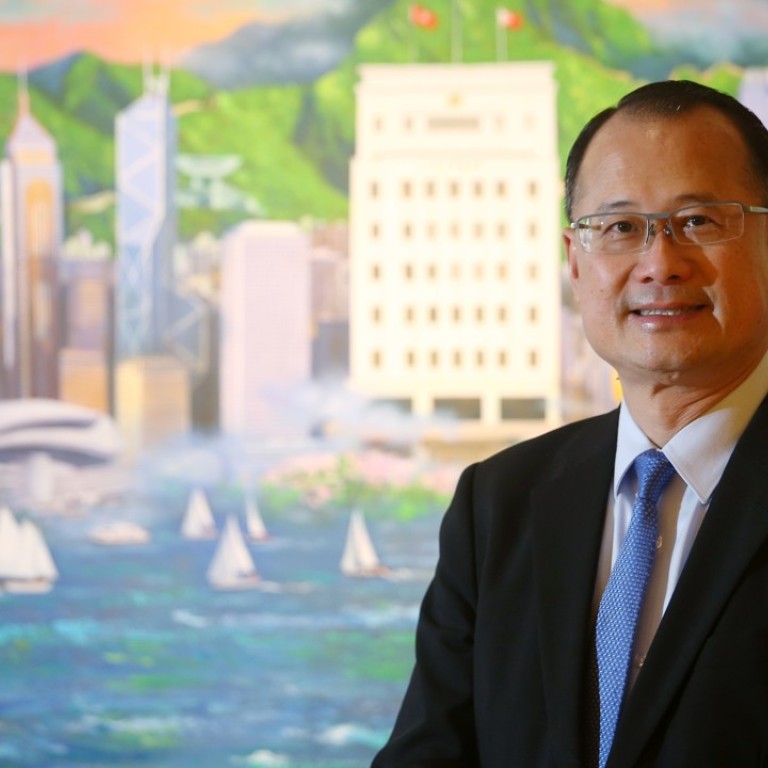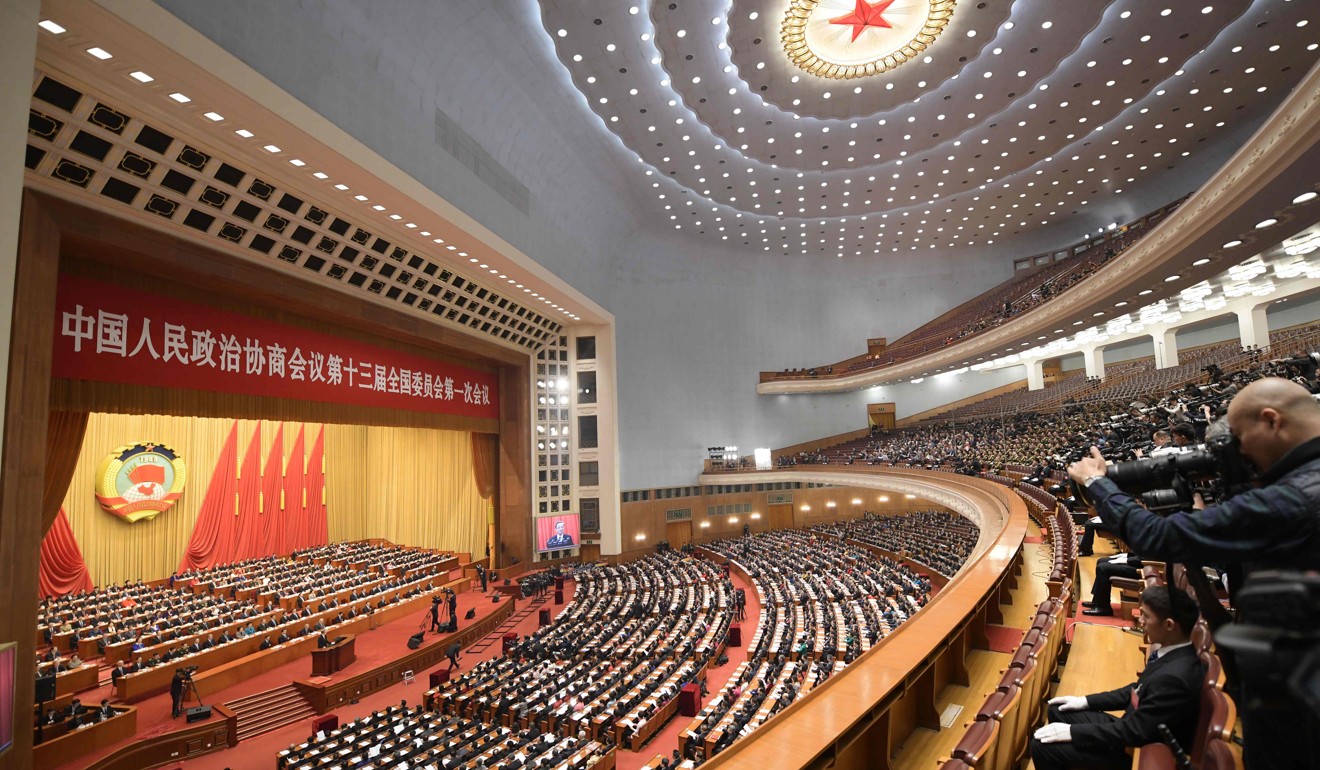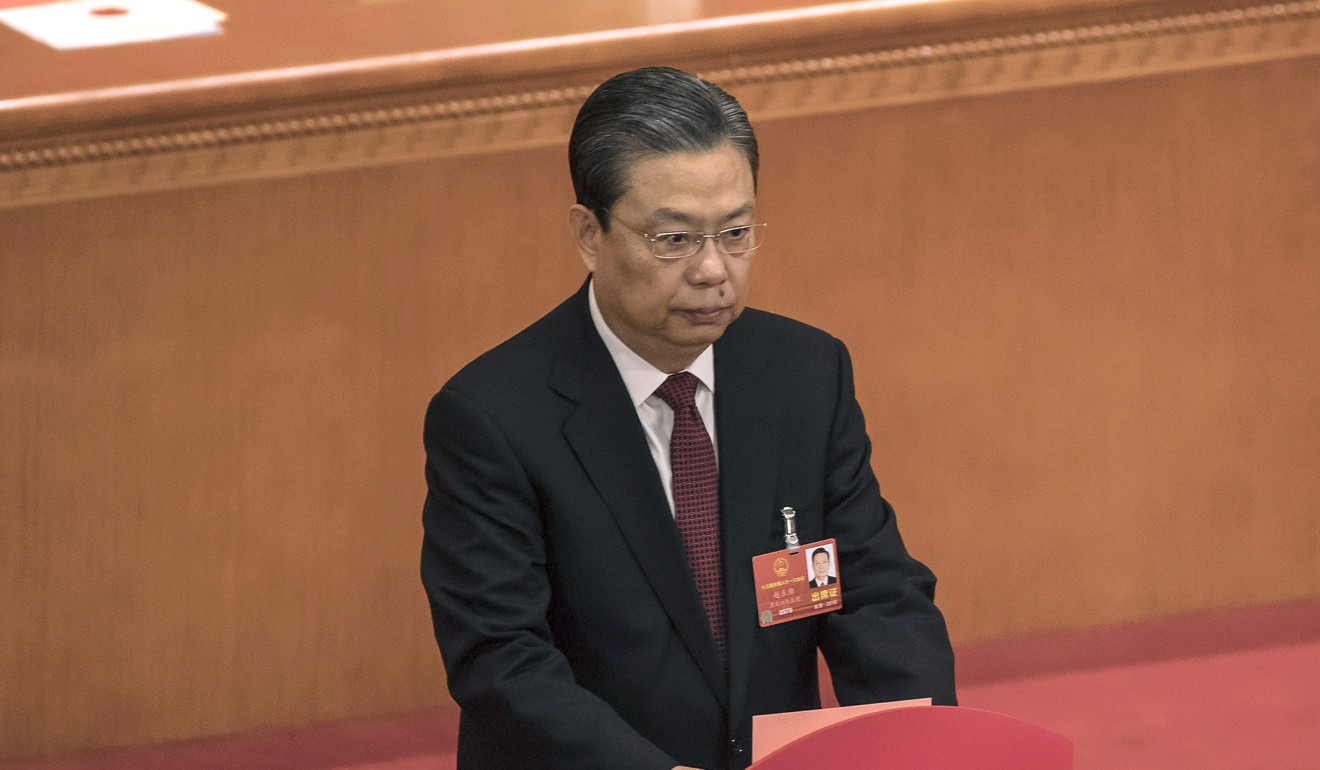
Why ‘relaxing’ Beijing meetings are a thing of the past for Hong Kong delegates
Those appointed to the country’s top political advisory body will now have to prove they are putting the work in, Standing Committee member Jonathan Choi Koon-shum says
Choi said all 2,158 CPPCC delegates, who were from around the country, are now appointed on three criteria: their political beliefs, incorruptibility and personal image.

You cannot be an CPPCC delegate only if you are rich … you have to be presentable with an appropriate image
“You cannot be an CPPCC delegate only if you are rich … you have to be presentable with an appropriate image,” Choi told the Post in an interview last week.
Why fun is well and truly over for Hong Kong delegates attending ‘two sessions’ meetings
Delegates took part in small group meetings, delivered speeches and raised proposals. They also had to submit an annual duty report on their work back home, marking a change from the “relaxing” meetings of the past, Choi said.
“That is a good thing. You cannot do nothing if you have the title,” he said.
In the past, some Hong Kong delegates and members would not attend all meetings after the opening of the two sessions and they often saw the event as an opportunity to cultivate personal business, political and social contacts.
“[Beijing is probably saying], please fulfil the responsibilities once you are entitled to the honour and status … if you fail to do this, you may not be able to work in this post next time. This is fair,” Choi added.
Most of the 200 or so Hong Kong delegates are business elites representing the city’s pro-Beijing camp, and about half are new faces.
Choi, chairman of the city’s Chinese General Chamber of Commerce, said the local delegates would do more youth work in the city by visiting more schools. That followed No 6 Chinese leader Zhao Leji’s reminder that they had to “attach importance to young people”.

Choi said youth work had always been going on, and more would be done.
China’s top advisory body gains over 50 new Hong Kong faces
Aimed at reaching out to the public, the business chamber will hold a forum on Monday with guests sharing their insights into the two sessions and the implications for the city.

